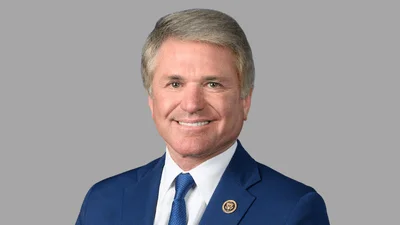WASHINGTON, DC - The Ways and Means Subcommittee on Select Revenue Measures held a hearing today focusing on tax incentives for distressed communities, including the Empowerment Zone and Renewal Communities programs, which expire on Dec. 31, 2009. Committee Chairman Charles B. Rangel (D-NY) gave the following opening statement:
“This hearing could not come at a better time, with the unemployment rate climbing in so many communities, leaving people without jobs, without health insurance and without dignity," said Ways and Means Committee Chairman Charles B. Rangel (D-NY). “Everyone, Republicans and Democrats alike, should recognize that Congress must respond and extend the empowerment zone program. This hearing gives us an opportunity to review the success of empowerment zones. Additionally, it allows us to solicit feedback from the Department of Housing and Urban Development to gain the Administration’s perspective, not only in terms of extension, but how we can improve the program as well. I am confident that, with the feedback we gain here today, we can move forward and build off the success of the empowerment zone program to strengthen opportunities for our workers and businesses, large and small."
The Empowerment Zones and Enterprise Communities program was established by the Omnibus Budget Reconciliation Act of 1993 (P.L. 103-66). The Community Renewal Act of 2000 (P.L. 106-554) further expanded the program, creating new Renewal Communities not covered under the prior program. Businesses that locate within these zones may receive tax benefits, including employment credits for hiring workers from the designated area, expensing for certain capital purchases, and tax-exempt financing, among other tax and non-tax benefits. The communities are targeted based on pervasive poverty, economic stagnation, and high unemployment. Communities are nominated by state and local governments and selected based on a competitive process, which includes a review of commitments by the state and local governments to attract business and new investment.
While the programs are due to expire at the end of 2009, President Obama requested that Congress extend these programs for one year in the Fiscal Year 2010 budget.








